Love ’em or hate ’em, it is eminently apparent that Resident Evil remakes will remain in Capcom’s pipeline for the foreseeable future. In the last four years alone, we have received the spectacular Resident Evil 2, the rejuvenated Resident Evil 4, and Resident Evil 3, which was also a thing.
Between them, they have netted over 25 million units sold, with RE4 likely to supplant RE3 in Capcom’s top 10 all-time bestsellers before all is said and done. No bones about it, the remakes are here to stay, and the only question remaining is which game is next in line.
Conventional wisdom places Resident Evil 5 at the top of the pecking order, of course. Not only is it the obvious numerical progression, but the recently released Separate Ways DLC for RE4 plants all of the seeds for a showdown between the nefarious Albert Wesker and burly egg enthusiast Chris Redfield.
This is all well and good; logical thinking even for a franchise that has arguably never been hotter. It’s not exactly a notion that is resonating with the community, however, placing the fandom at a critical junction as to whether there are more deserving games that should be remade first.
I won’t bury the lede. I am primarily talking about Resident Evil – Code: Veronica, first released for the Dreamcast in 2000. This plucky underdog boldly took the franchise in a new direction years before RE4 reset the template, whisking the Redfield siblings to a remote prison island and featuring fully rendered 3D environments for the first time.
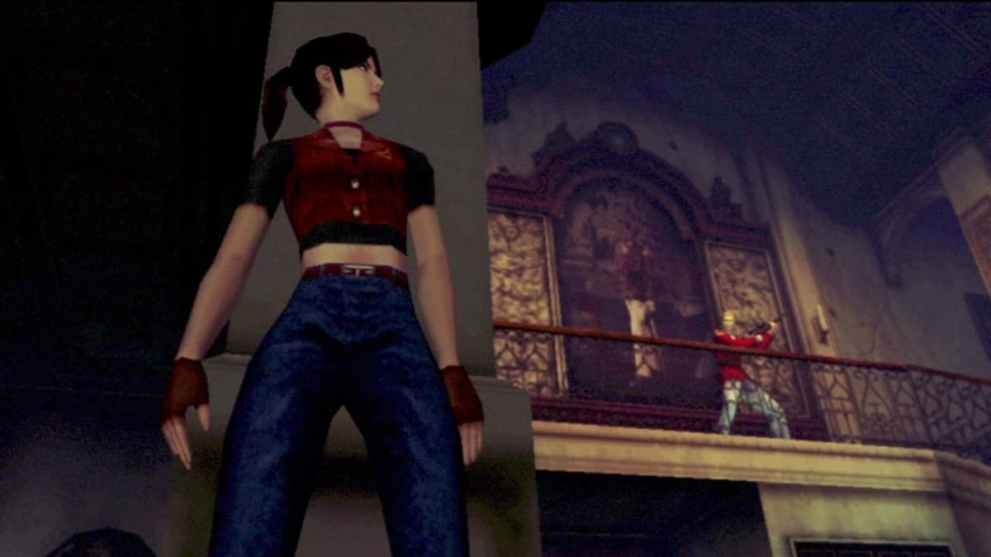
At the time of its inception, it was loosely billed as the true third entry in the series, with the concurrently developed PlayStation project — the game that would eventually become Resident Evil 3: Nemesis — intended as a spin-off starring a new protagonist and more action-packed gameplay.
As we all know, this was not fated to be. Thanks to, effectively, console politicking keeping the numbered entries on Sony platforms, Jill Valentine went one final round on the PlayStation to close out the trilogy proper, while Claire, Chris, and Steve freakin’ Burnside were left to languish on Sega’s terminal hardware.
In their initial run, RE3 sold 3.5 million copies, while Code: Veronica managed only 1.14 million. Though this was actually an impressive feat when one considers the amount of PlayStations sold compared to Dreamcasts (over 102 million as opposed to about 9 million), and a later remaster for the PlayStation 2 would help recoup those numbers, it was clear that this experiment hadn’t exactly paid off.
Despite its relative obscurity, Code: Veronica would become a cult favorite amongst the Resident Evil community, with some going so far as proclaiming it the best in the series up to that point. It has been ported a few times, with availability up to the PS4 and Xbox One via Xbox 360 backwards compatibility, but has otherwise remained firmly locked in Capcom’s archives.
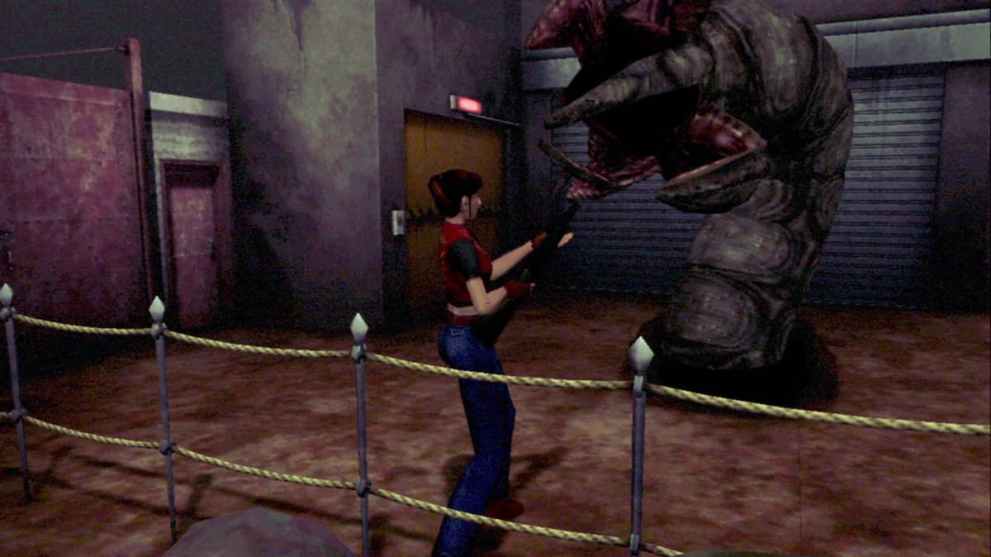
As if this wasn’t incentive enough for a remaster, its narrative is absolutely critical to RE’s overarching lore. Those who stuck only to the numbered titles were perhaps shocked to see Albert Wesker, previously skewered through the chest in RE1, return fresh as a daisy a few games later to re-establish himself as the main villain.
This tomfoolery was explained in Code: Veronica, providing a formative chapter in the rivalry between Chris and Wesker; one that broadly covers everything from volcano skirmishes to petty bickering.
Spin-off or not, this game is just as much a part of the franchise as its more successful brethren, and a long overdue revisiting would receive near-universal acclaim from the RE faithful. Were it that cut and dry, you’d think it would be a slam dunk as the next remaster. The prodigal, weird, melodramatic son taking its rightful place in the modern age, offering context for the events yet to come.
Alas, things are absolutely not so straightforward. From a business perspective, Resident Evil 5 is everything Code: Veronica was not. Released for the PS3, Xbox 360, and PC in 2009, RE5 set new standards for gung-ho bombast, stripping the last semblance of survival horror in favor of pure, explosive adrenaline.
Set in a remote corner of West Africa, it brought Chris back as the leading man — or more accurately, a souped-up Chris who looked as though he had eaten two smaller versions of himself alongside fifty tons of protein powder. It served as the final chapter of the aforementioned feud between himself and Wesker, and not to be outdone, his foe was more exaggerated than ever.
I don’t know what accent D.C. Douglas was going for in this role, so I’m just led to assume it was all of them, simultaneously.
With its emphasis on combat and QTEs, it was Resident Evil in name only, and for this decision, Capcom was rewarded handsomely. As of the time of writing, RE5 has achieved 8.8 million units sold — good for sixth place in the company’s storied history — and claimed top honors for the best-selling in the series until it was surpassed by RE7 and later, RE2’s remake.
It’s a safe bet to say that an RE5 remake would sell like gangbusters yet again. As it came out on the seventh console generation, its visuals and mechanics have aged fairly well. But the notion of it receiving gunplay more akin to the modern remakes, or even the buttery smooth RE6 model, is indeed quite enticing.
You could argue that RE5 doesn’t need a remake, but I would be amongst those to point out that RE4 didn’t really need one, either. There are tonal alterations that would really benefit this game, returning to some more horrific elements while scaling back on its many dubious examples of cultural appropriation.
Look, the notion of a big, strong white guy storming African villages and mowing down hordes of war-paint adorned locals was always going to be problematic. In the subsequent years since its release, Capcom has learnt a thing or two about tact, made apparent in the reinterpretation of hitherto whiny, degraded eye candy Ashley Graham.
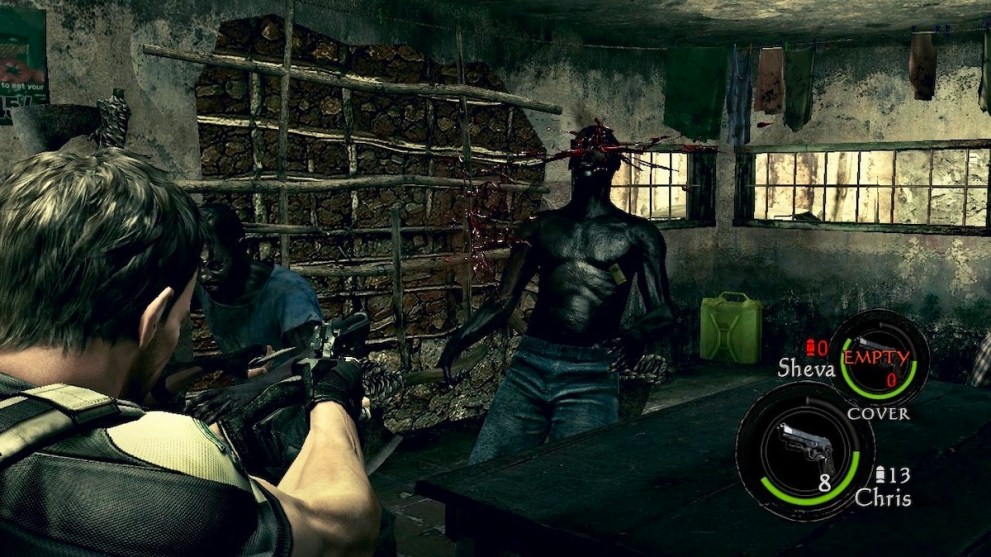
Could Code: Veronica also use a sensitivity reboot? Absolutely so. Its portrayal of mental health is as ham-fisted as anything else the series has presented over the years. But to take the momentum of the RE4 remake, and then suddenly reverse its trajectory several years into the past, is hard to reconcile from any standpoint other than adulation for the product itself.
In my perfect version of the franchise, every major entry receives a fresh coat of paint in the spectacular RE Engine, first introduced with 2017’s seminal RE7. But where do you draw the line, exactly? Would the Revelations titles also require remakes, despite functionally playing as more primitive takes on the modern games? How about Operation Raccoon City, the Outbreak titles, or heaven forbid, Umbrella Corps — which, let’s not forget, is just as canonical as Code: Veronica?
If it sounds like I’m trying to veto Code: Veronica ever seeing the light of day again, I assure you this is not the case. I love this series with my entire heart, and want as much of its legend preserved as possible. I just cannot get my head around the timing of it. Yes, Wesker’s backstory is helpful, but it’s not like it couldn’t be condensed to flashbacks and exposition in an RE5 remake.
This is why I am holding out hope that on the franchise’s 30th anniversary, 2026, we will receive a modern remake of the original Resident Evil. Pitchforks down, purists, the 2002 remake is my favorite of them all, but it sits somewhat awkwardly in the current timeline, with almost two decades between its release and 2019’s RE2.
It looks different, it plays different, it feels different. It is entirely deserving of its position in the echelons, and a third-person romp through Spencer Mansion would supplement its glory, not replace it.
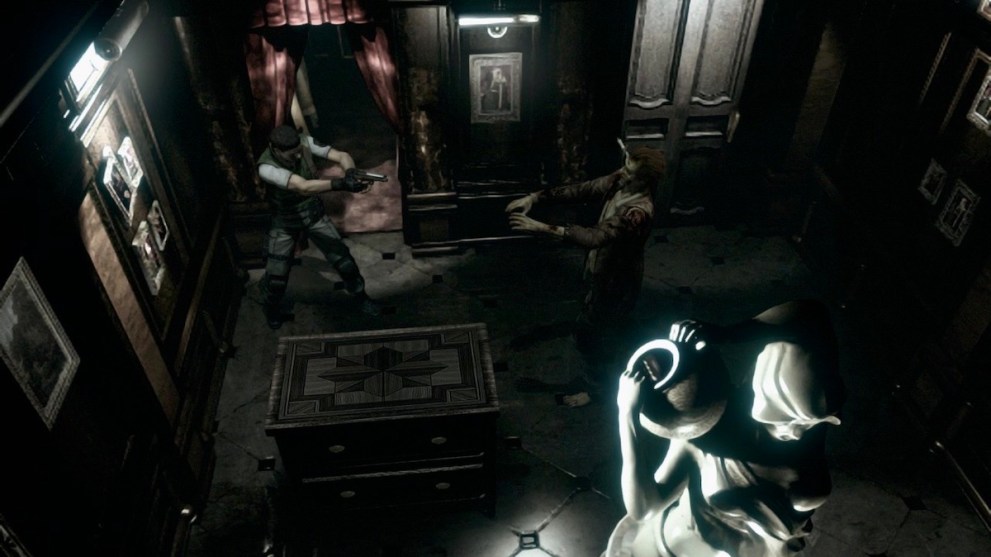
That would then open the door for an RE0 remake (aka Littering on the Floor Simulator ’02) and yes, you guessed it, a logical entry point for the Code: Veronica remake. This timeline would actually put it somewhere around the late 2020s, which is a hard sell to fans already starved for an overdue return, but in my eyes at least it makes more sense than pushing it out here and now.
In an alternate reality, it went out to the market all those years ago as RE3, and we could be here bemoaning the forgotten adventures of some unnamed protagonist fending off Nemesis in Raccoon City. But this is the hand we’ve been dealt, and patience is the only tool we have left.
Fingers crossed that I’m wrong on this one, and Capcom will shock the world by revealing their next remake to be a ghost… coming back to haunt your dear brother.

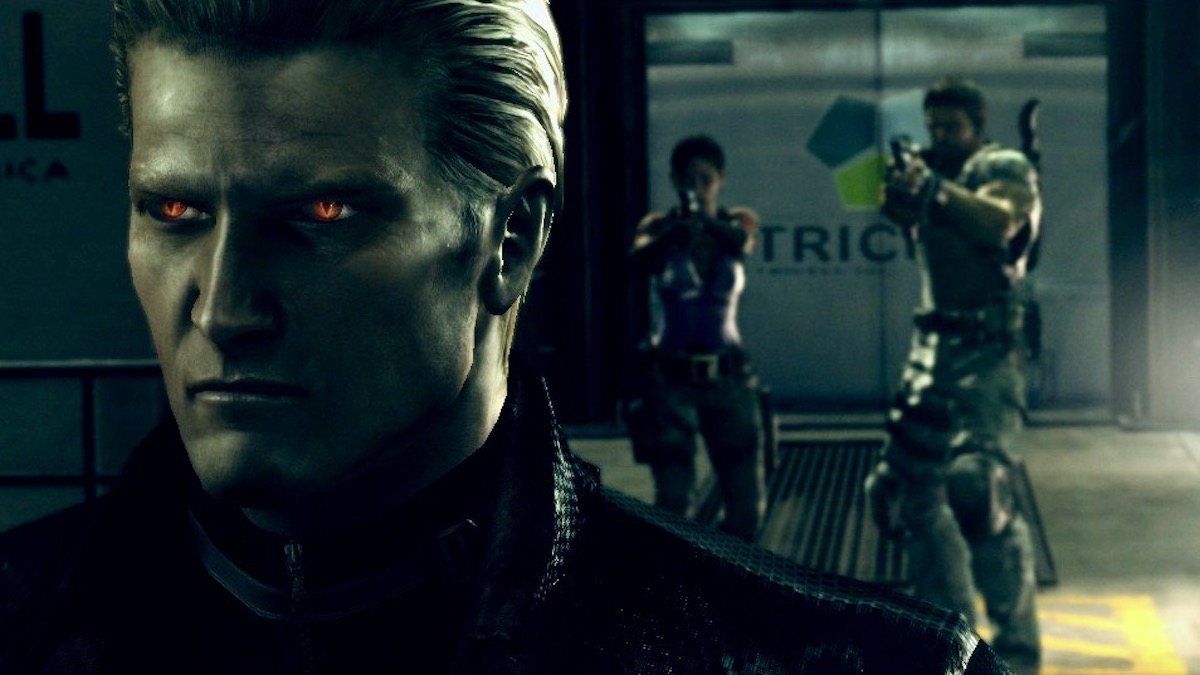











Updated: Jan 16, 2024 04:58 am